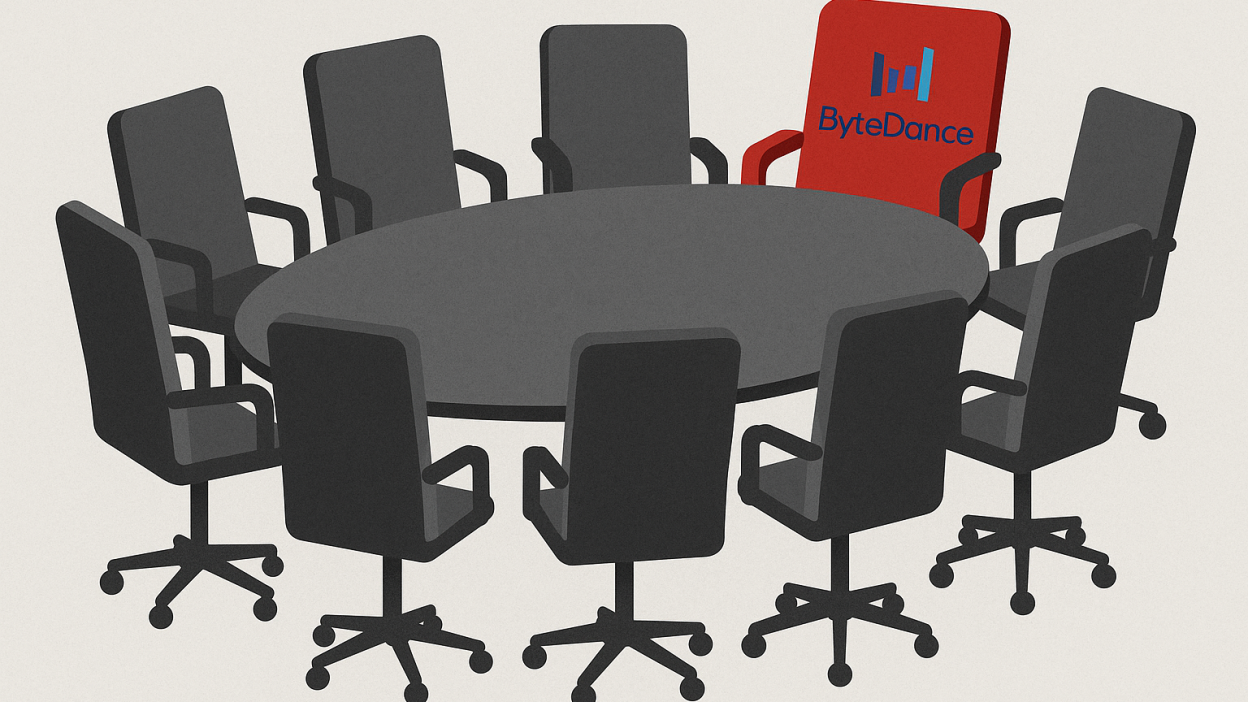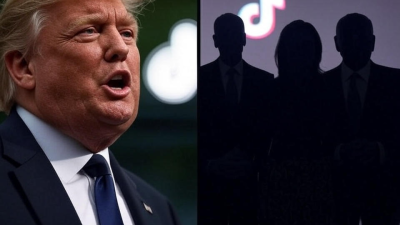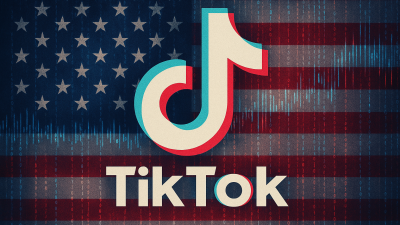ByteDance to Hold a Single Seat on TikTok’s Seven-Member U.S. Board
Few technology companies in history have sparked as much debate as TikTok. What began as a short-form video app capturing the creativity of teenagers has become a global cultural phenomenon, shaping music trends, consumer behavior, and even political discourse. Yet behind the addictive swipe and scroll lies one of the most complex geopolitical technology battles of our time: who controls TikTok, and how?
The latest development—ByteDance, TikTok’s Beijing-based parent company, securing just one of seven board seats on TikTok’s U.S. operations—marks a turning point in this saga. It is not simply a corporate governance reshuffle; it is the outcome of years of political wrangling, national security investigations, and tense negotiations between Washington and Beijing. For ByteDance, the compromise reflects its willingness to maintain a foothold while ceding significant oversight to American authorities. For the U.S., the move represents an attempt to balance innovation with security, allowing TikTok to continue operating while reducing perceived risks of foreign influence.
But this story is not just about boardrooms and regulators. It carries profound human and societal implications. Millions of creators depend on TikTok for livelihoods. Small businesses use it as their primary marketing engine. And for users, TikTok is more than an app—it’s a community, a cultural stage, and a source of identity.
As ByteDance’s role shrinks to a single board seat, questions linger: will this structure truly safeguard U.S. interests? And what does it mean for the future of digital platforms in an age of rising techno-nationalism?
ByteDance and TikTok: From Startup to Global Powerhouse
To understand the significance of this governance shift, it’s important to revisit TikTok’s meteoric rise. Launched internationally in 2017, TikTok leveraged ByteDance’s powerful recommendation algorithm to dominate the attention economy. Within three years, it became the most downloaded app globally, surpassing Facebook, Instagram, and YouTube in engagement among younger audiences.
ByteDance’s secret weapon was its algorithm, built on machine learning models that curated hyper-personalized feeds. Unlike older social media platforms that relied on users’ networks, TikTok introduced people to strangers, sparking viral trends and democratizing fame. A teenager in Mumbai or Memphis could go viral overnight.
This success, however, came with scrutiny. U.S. lawmakers and regulators grew increasingly concerned about data privacy, censorship, and the possibility of Beijing influencing what American users see. The Committee on Foreign Investment in the United States (CFIUS) launched investigations, and Trump’s administration even attempted to force a divestiture. Though lawsuits and negotiations delayed that outcome, pressure never fully subsided.
The result: TikTok’s U.S. operations began distancing themselves structurally from ByteDance, including the establishment of a U.S.-based data storage system and the formation of a separate board. The latest governance agreement gives ByteDance only one seat out of seven, reducing its direct influence but keeping its strategic presence intact.
Why Only One Seat? The Politics of Tech Governance
ByteDance’s limited representation on TikTok’s U.S. board is not accidental—it’s the product of intense political and regulatory calculations. For U.S. policymakers, the move addresses two key concerns:
-
National Security Risks: With U.S. data stored domestically and ByteDance’s board presence minimized, the risk of sensitive information flowing to Beijing is theoretically reduced.
-
Operational Independence: By giving American board members greater control, regulators signal that TikTok’s U.S. operations function independently from its Chinese parent.
For ByteDance, however, the single seat is both a concession and a lifeline. While it limits decision-making influence, it ensures the company maintains visibility into TikTok’s most lucrative market. The U.S. accounts for a significant share of TikTok’s advertising revenue—estimated at over $10 billion annually. Complete exclusion would mean losing strategic insight into this crucial market.
But there’s also a symbolic layer: this arrangement illustrates how governance structures are becoming tools of geopolitics. Corporate boards, once primarily business-driven, now serve as battlegrounds for national security and ideological disputes.
Impact on Creators and the Creator Economy
For TikTok’s 150 million U.S. users, the governance reshuffle may seem distant, but its ripple effects could shape the platform experience.
-
Creators’ Livelihoods: TikTok has evolved into a career platform. From musicians breaking out via viral sounds to small business owners showcasing products, the app drives income for thousands. A board heavily influenced by U.S. members may prioritize stricter compliance with American content policies, potentially affecting what goes viral.
-
Trust and Stability: For users who worried about potential bans, the governance deal offers reassurance. TikTok isn’t disappearing overnight, which stabilizes the creator economy built around it.
-
Platform Evolution: With ByteDance’s influence diminished, TikTok may lean into U.S.-centric policies, possibly aligning more closely with American advertising standards, content moderation frameworks, and political sensitivities.
From a human perspective, this shift is less about geopolitics and more about digital livelihoods. A TikTok ban could have meant lost income, disrupted communities, and stifled cultural expression. By allowing ByteDance a minimal seat at the table, regulators have found a compromise that keeps TikTok alive while curbing risks.
The Broader Geopolitical Lens: Tech Nationalism Rising
ByteDance’s single board seat is part of a larger global trend: the politicization of technology. In an era where data is often compared to oil, countries view control over digital platforms as a matter of sovereignty.
-
The U.S. Perspective: Washington’s scrutiny of TikTok echoes its broader stance against Huawei and other Chinese firms, framed around national security.
-
The Chinese Perspective: For Beijing, ByteDance’s concessions raise uncomfortable questions about the global competitiveness of its tech champions under U.S. pressure.
-
The Global Perspective: Other nations are watching closely. Europe, for example, is tightening its Digital Services Act requirements. Canada and Australia have raised concerns over foreign data flows.
What’s unfolding is the birth of “digital borders.” Just as physical trade policies once determined the flow of goods, tech governance now determines the flow of information and culture. TikTok’s case may set a precedent for how global tech firms operate under competing jurisdictions.
Lessons from Other Cross-Border Tech Battles
TikTok is not the first platform to face cross-border governance struggles, though its scale makes it unique.
-
Huawei in 5G Networks: Several countries banned or restricted Huawei due to espionage concerns, showing how national security can override market dominance.
-
WeChat in the U.S.: Attempts to ban WeChat highlighted how deeply integrated Chinese apps are in diaspora communities, sparking legal challenges.
-
European Tech Regulations: The EU’s antitrust cases against Google and Meta reveal how governments globally are asserting power over Big Tech, regardless of origin.
These cases underline a consistent truth: global technology firms can no longer operate above the fray of politics. Governance, compliance, and transparency are no longer optional—they are strategic necessities.
The Business and Innovation Outlook
Looking ahead, TikTok’s governance structure raises critical questions for business and innovation.
-
Advertising Growth: With American oversight, TikTok may gain greater trust from U.S. brands, accelerating ad revenue growth.
-
Algorithm Transparency: Regulators may push for audits of TikTok’s recommendation engine, which could alter how content circulates.
-
Competition: Rivals like Instagram Reels and YouTube Shorts may leverage any constraints on TikTok to lure creators.
-
Innovation Trade-Offs: With ByteDance’s reduced influence, will TikTok lose some of its algorithmic edge? Or will independence fuel innovation tailored to U.S. markets?
For entrepreneurs and startups, the TikTok saga is a reminder that innovation doesn’t exist in isolation. Business models, no matter how disruptive, must align with geopolitical realities.
ByteDance’s single board seat on TikTok’s U.S. entity is more than a governance detail—it is a milestone in the ongoing negotiation between technology, politics, and society. On paper, the move reassures U.S. regulators while allowing ByteDance to retain a symbolic presence. In practice, it represents the compromises global companies must make in an era where national security and digital sovereignty shape business decisions.
For creators, small businesses, and users, the outcome is cautiously optimistic. TikTok remains operational, careers remain intact, and communities continue to thrive. For regulators, it’s a step toward balancing innovation with oversight. For ByteDance, it’s a reminder of the limits of global expansion when politics enters the boardroom.
The long-term implications are profound: the digital economy is fragmenting along national lines, and platforms like TikTok will serve as case studies for future tech governance. Whether this arrangement proves sustainable remains to be seen, but one truth is clear—the age of borderless digital platforms is over. The future belongs to those who can navigate borders not just physically, but digitally and politically.
FAQs
Q1. Why does ByteDance only hold one seat on TikTok’s U.S. board?
To reduce concerns over Chinese influence while maintaining ByteDance’s limited presence.
Q2. Will TikTok still be influenced by ByteDance’s algorithms?
ByteDance developed the algorithm, but U.S. governance may push for greater transparency and oversight.
Q3. How does this affect TikTok creators?
It stabilizes their careers by reducing the likelihood of a U.S. ban, though moderation policies may evolve.
Q4. What does this mean for U.S.-China tech relations?
It highlights rising tech nationalism and the politicization of global digital platforms.
Q5. Could this governance model be applied to other tech firms?
Yes, it could set a precedent for how global tech firms are structured in sensitive markets.
Q6. Does this make TikTok safer for U.S. users?
It reduces risks by limiting ByteDance’s direct control, though security concerns may persist.
Stay informed on the evolving intersection of technology, policy, and global business. Subscribe to our newsletter for expert insights and in-depth analysis on the future of digital platforms.
Note: Logos and brand names are the property of their respective owners. This image is for illustrative purposes only and does not imply endorsement by the mentioned companies.



